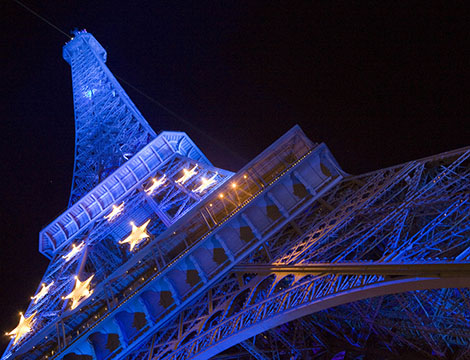
This article was originally published by European Geostrategy on 3 June 2016.
The idea of eurocentrism has been both debated and somewhat discredited in recent years. Philosophically, a realisation that European Enlightenment thought was perhaps more hegemonic than universal has led to a wider appreciation of alternative knowledge systems from further afield. Politically, a similar shift in the centre of gravity has displaced ‘the West’ as the paradigm of progress and development, helped by the economic rise of ‘the rest’. And on a more profane level, the navel-gazing of European policy-makers has also been challenged as too inward-focused in an increasingly competitive world.
As the European Union (EU) prepares to launch the new Global Strategy, it is worth examining how much it really has moved on; has it managed to come to terms with an increasingly non-eurocentric order? Can it craft a strategy which is assertively European yet realistically conscious of its external partners? A key consideration in gauging this is examining how these partners view Europe – what they think of its global role and how they see it developing. Such perceptions, although not fundamental drivers of policy formulation, nevertheless shape the reality within which decisions are taken, and are arguably often overlooked in the study of international relations.
